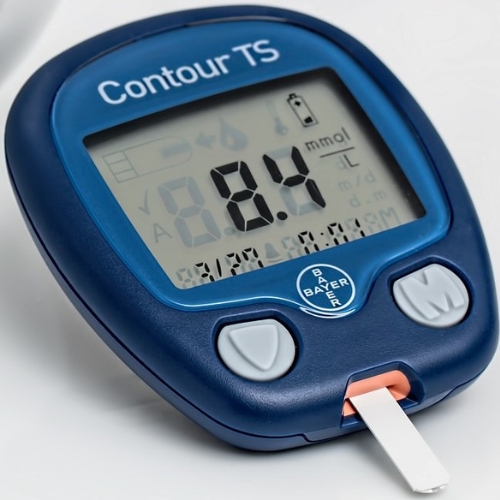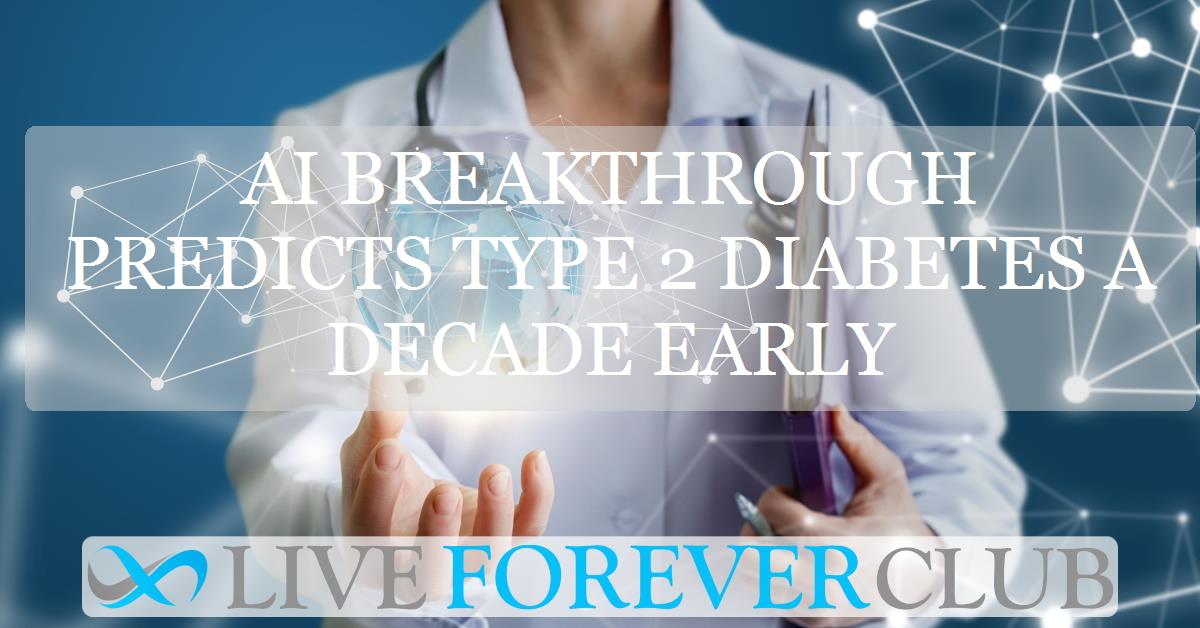Key points from article :
Researchers at Imperial College London and Imperial College Healthcare NHS Trust have developed a groundbreaking artificial intelligence (AI) tool capable of predicting the risk of developing type 2 diabetes up to a decade before symptoms arise. The AI-ECG Risk Estimation for Diabetes Mellitus (AIRE-DM) tool analyses electrocardiogram (ECG) readings taken during routine heart scans to detect subtle changes that might indicate future diabetes risk. This innovative approach could pave the way for early interventions, empowering individuals to make lifestyle changes that reduce their risk of developing diabetes and related complications.
The project, led by Dr. Fu Siong Ng and Dr. Arunashis Sau, was built on the analysis of approximately 1.2 million ECGs from hospital records. The researchers validated the tool’s accuracy using data from the UK Biobank, demonstrating its ability to identify high-risk individuals before blood sugar levels show abnormalities. According to Dr. Libor Pastika, AIRE-DM provides a non-invasive, accessible, and affordable means of early risk assessment, potentially transforming diabetes prevention strategies.
Although the tool was developed in 2024, it has yet to be implemented in clinical practice. Prospective studies in 2025 will assess its effectiveness alongside other AI models. This research, funded by the British Heart Foundation (BHF) and supported by the NIHR Imperial Biomedical Research Centre, highlights the potential of AI to unlock valuable insights from routine healthcare data.
Professor Bryan Williams, Chief Scientific and Medical Officer at the BHF, emphasized that this innovation could be a gamechanger in identifying and addressing type 2 diabetes risk early. He noted that early interventions could prevent or delay the condition, thereby reducing the growing burden of diabetes and its associated risks, including heart disease.
The NHS in England is also set to trial another AI tool in 2025, designed to predict heart disease progression and early mortality risks using ECG data, underscoring the transformative role of AI in preventive healthcare.







